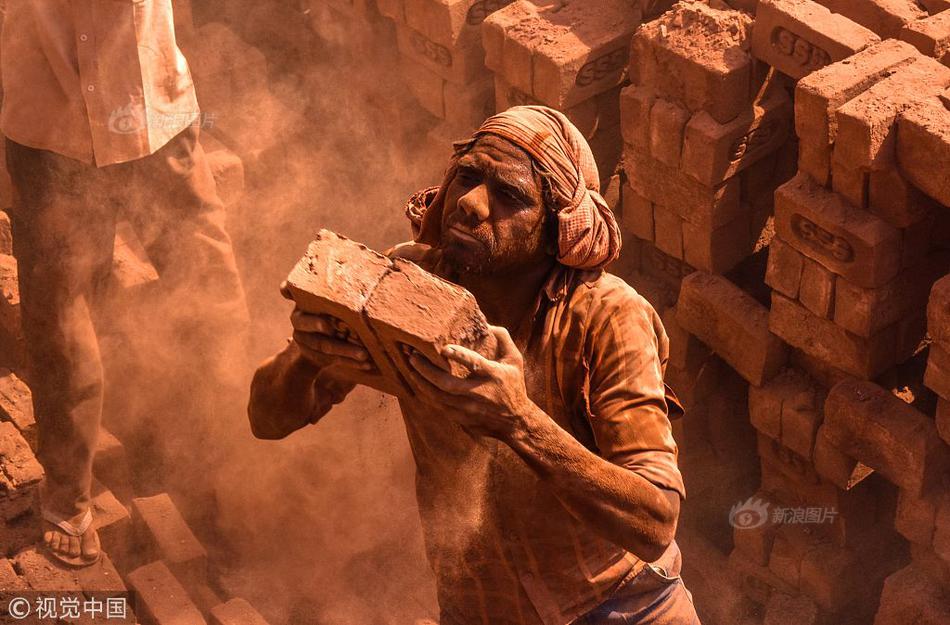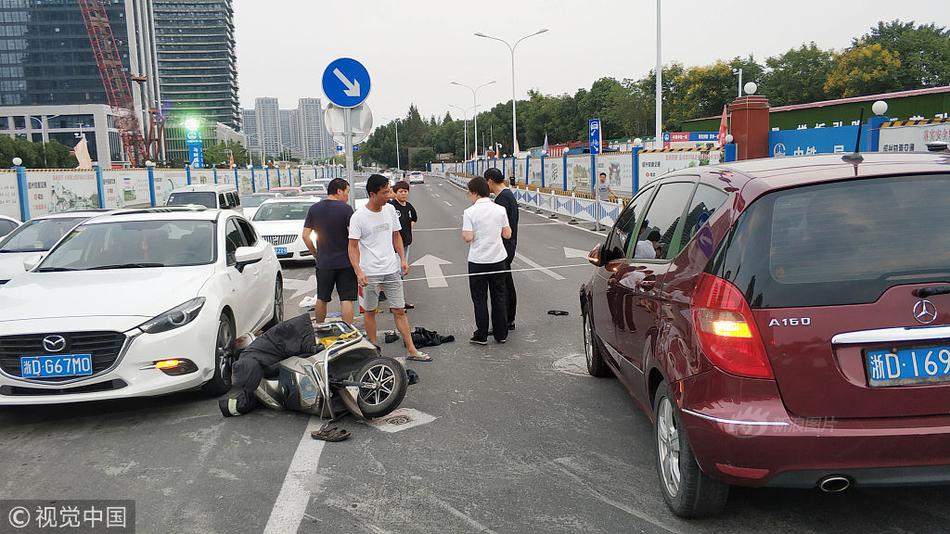冬至有什么民俗讲究吗英语
Winter Solstice is 冬至an important festival in Chinese culture, which falls on December 21 or 22 every year. It marks the longest night and the shortest day of the year, after which the days will gradually get longer and warmer. There are several customs and traditions associated with this festival in Chinese culture.
One of the most important customs is eating dumplings, which symbolize reunion and completeness. It is believed that eating dumplings during the Winter Solstice will bring good luck, prosperity, and health. Some families also make tangyuan, a sweet glutinous rice ball, which represents family harmony and togetherness.

Another custom is taking a bath with pomelo leaves, which is believed to cleanse and purify the body and soul. People also drink ginger soup or eat ginger candy, as ginger is considered a warming food that can help ward off colds and other illnesses during the cold winter season.

In addition, some regions in China have their own unique customs for the Winter Solstice. In northern China, people eat jiaozi, a type of dumpling with a crescent shape, while in southern China, people make glutinous rice cakes. In Guangdong province, people eat taro cakes, while in Hong Kong, people have a tradition of eating hot pot, a popular dish that is perfect for warming up during the cold winter months.
Overall, the Winter Solstice is a time for family reunions, good food, and traditions that have been passed down for generations in Chinese culture. It is a time to appreciate the changing of the seasons and to look forward to the coming of spring.
(责任编辑:探索)
